
Shopping sustainably can feel overwhelming, especially with so many labels and promises competing for your attention. When every brand claims to be “green” or “eco-friendly,” it’s not always clear which claims are truly meaningful.
That’s where trusted, third-party certifications come in. They provide clear, independent verification that a product meets meaningful environmental or social standards; offering real confidence in your choices.
To make it even simpler, here’s an easy-to-read guide describing ten of the most respected sustainability certifications you’re likely to encounter, and what each one actually means for you as a mindful shopper.
In simple terms, sustainability certifications are official approvals from independent organizations that verify a product or brand meets specific environmental, social, or ethical standards. Think of them as trust signals for eco-conscious shoppers.
These certifications help ensure that products are:
Let’s be real: Greenwashing is everywhere. That’s when brands use vague eco-friendly language or imagery without meaningful action.
Sustainability certifications cut through the noise. When you see a verified label, you know:
This helps you support brands that walk the talk—and contribute to meaningful change.
Not all eco labels are created equal.
When choosing certified products, ask yourself:
Check Ecolabel Index—the largest global directory of eco labels with over 450 certifications in 200+ countries.
Below are some widely recognized certifications you might see on products—from cleaning supplies to textiles to school gear.
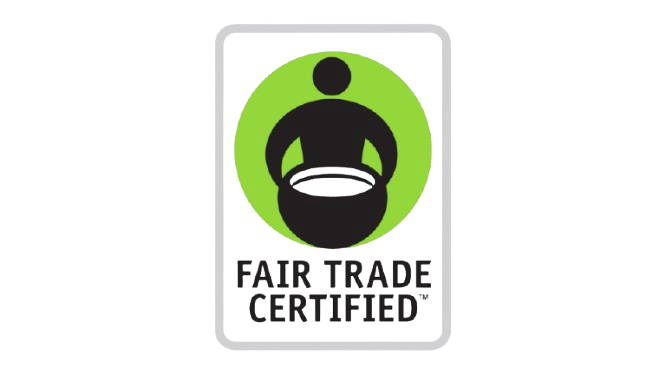
Trade Certified products support ethical sourcing by ensuring that farmers, artisans, and workers are paid fairly and work in safe conditions. This certification looks beyond environmental concerns to also address social equity. It’s commonly found on coffee, tea, textiles, and handmade goods. When you choose Fair Trade, you’re helping build stronger communities and more equitable supply chains.
Learn more: Fair Trade USA
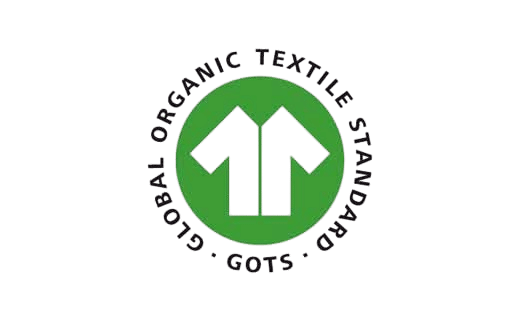
GOTS is the leading certification for organic textiles. It verifies that products are made with at least 70% certified organic fibers, while also enforcing strict limits on toxic chemicals and ensuring ethical labor practices. You’ll often find this label on clothing, bedding, and backpacks. It’s a reliable guide for families looking to reduce chemical exposure and support sustainable farming.
Learn more: GOTS
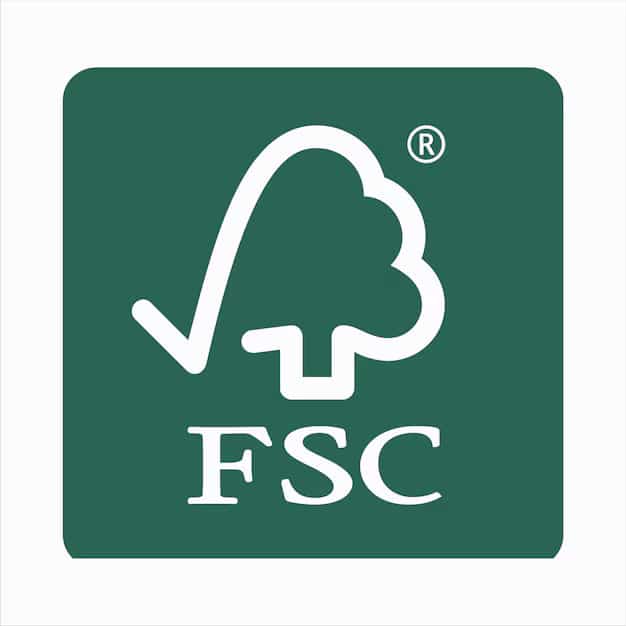
FSC certification ensures that wood and paper products come from responsibly managed forests that provide environmental, social, and economic benefits. Look for it on notebooks, school supplies, furniture, and packaging. It helps protect biodiversity, maintain water quality, and respect the rights of indigenous communities—making it essential for anyone wanting to reduce deforestation’s impact.
Learn more: FSC
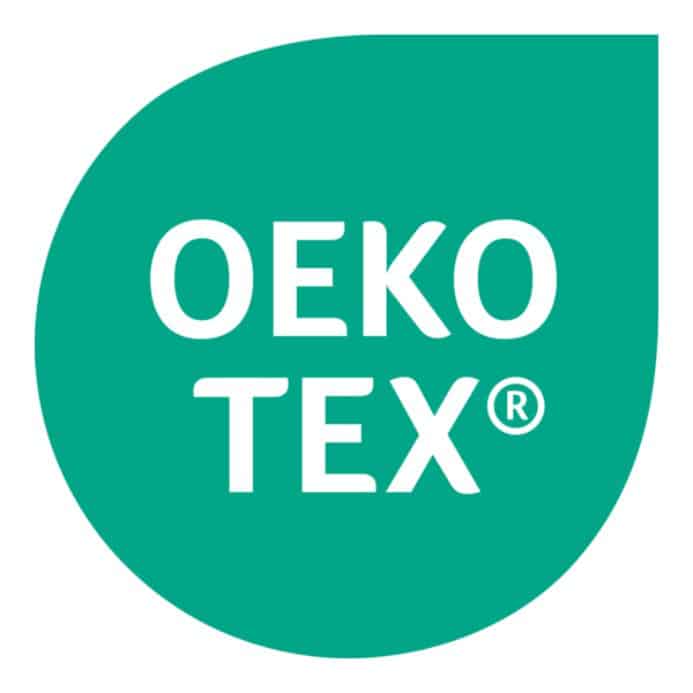
This certification focuses on consumer safety by verifying that textiles are free from harmful substances. OEKO-TEX® Standard 100 testing is rigorous and covers regulated and non-regulated substances that can be harmful to human health. It’s especially valued for clothing, bedding, and children’s products where skin contact is frequent.
Learn more: OEKO-TEX
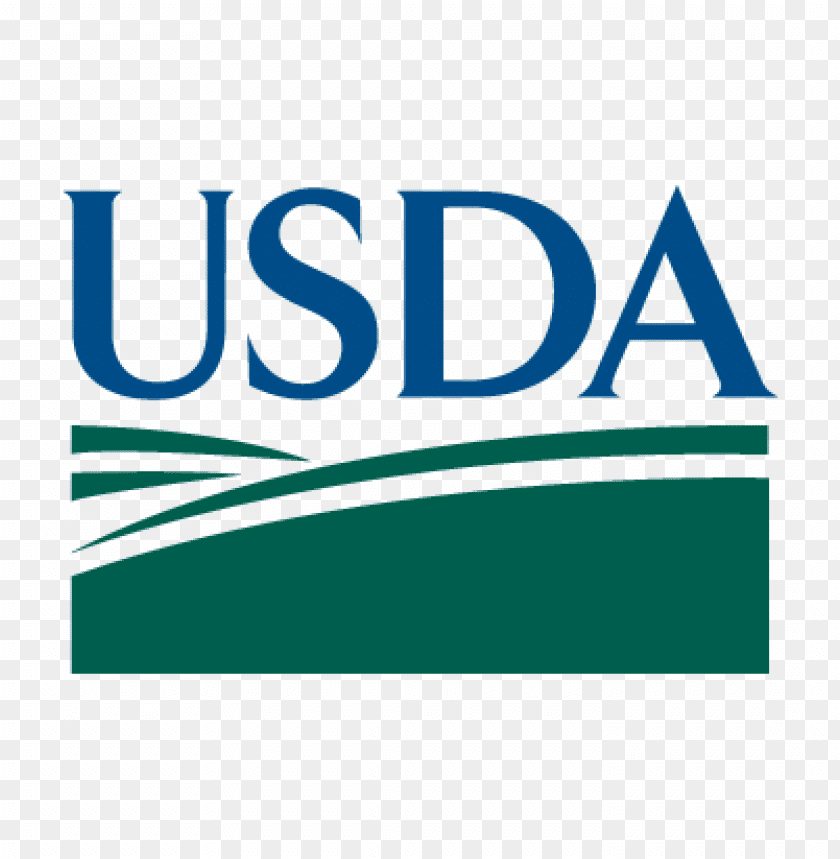
USDA Organic is a familiar seal on food products, but it’s also relevant for textiles and personal care items. It guarantees that ingredients are grown without synthetic pesticides, GMOs, or sewage sludge fertilizers. This certification supports healthier soils, cleaner waterways, and biodiversity, making it a trusted choice for anyone prioritizing organic living.
Learn more: USDA Organic
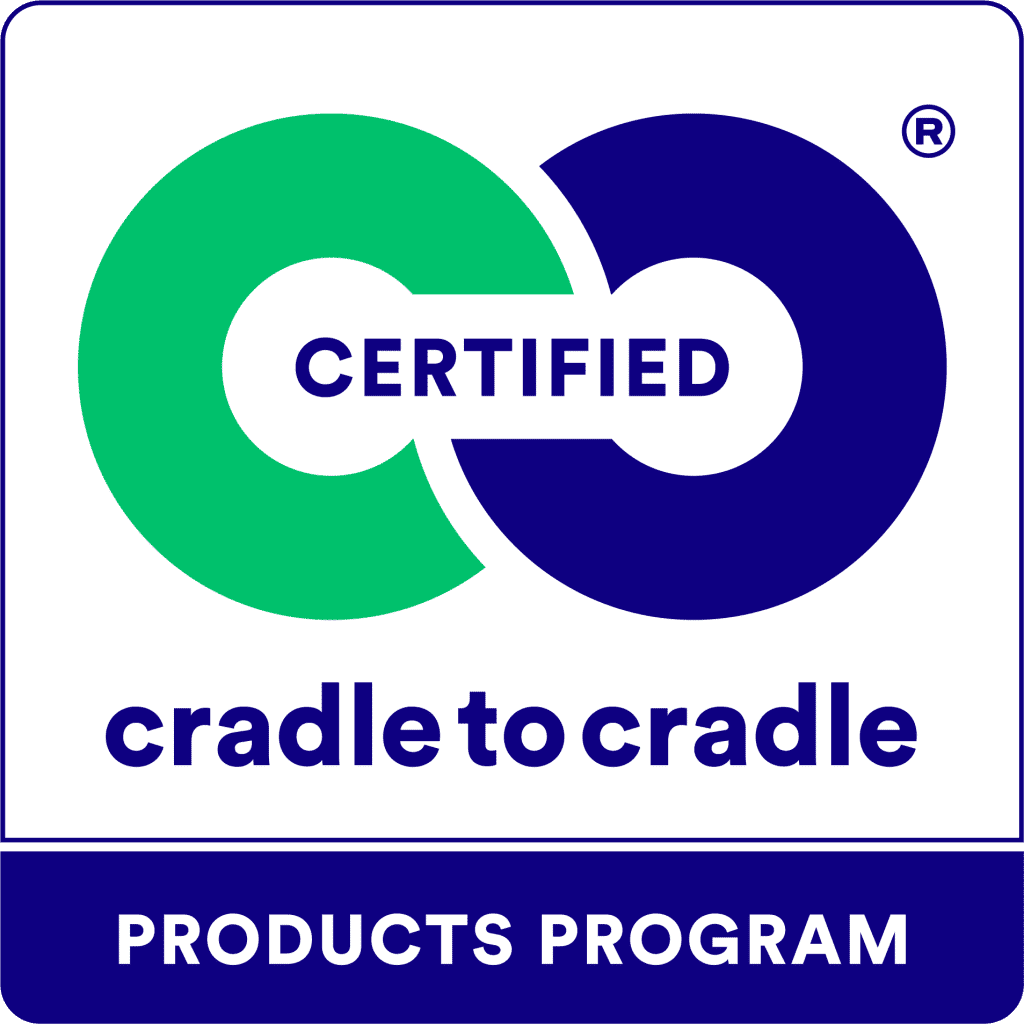
Unlike many single-issue labels, Cradle to Cradle takes a holistic approach to product design. It evaluates materials for safety and health, encourages recyclability or compostability, promotes renewable energy use, and enforces water stewardship and social fairness. You’ll see this label on cleaning products, textiles, and packaging designed for circular use.
Learn more: Cradle to Cradle Certified

B Corp isn’t a product-level certification but a company-wide commitment. It measures overall social and environmental performance, accountability, and transparency. Certified B Corps balance profit with purpose, considering the impact of their decisions on workers, customers, suppliers, communities, and the environment.
Learn more: B Corporation
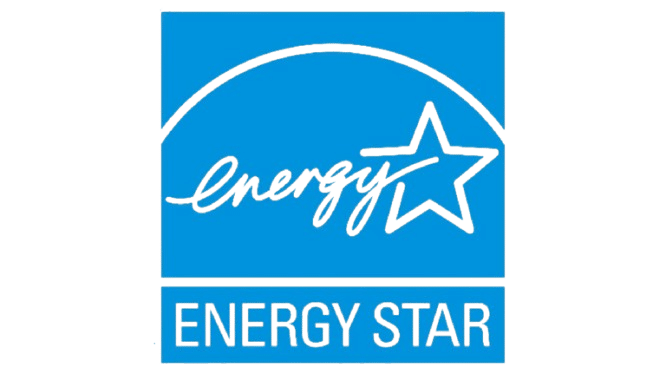
Energy Star is a government-backed program that helps consumers identify energy-efficient appliances and electronics. Products with this label meet strict energy efficiency guidelines set by the U.S. Environmental Protection Agency. Choosing Energy Star-rated items reduces greenhouse gas emissions and lowers utility bills.
Learn more: Energy Star
9. Rainforest Alliance Certified
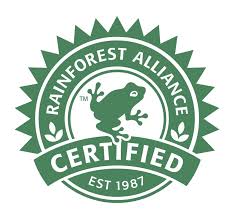
This certification ensures that farms and forests are managed according to rigorous environmental, social, and economic criteria. It supports sustainable farming practices that protect biodiversity and improve livelihoods for farmers and forest communities. You’ll often see it on coffee, tea, chocolate, and paper products.
Learn more: Rainforest Alliance
10. ECOCERT
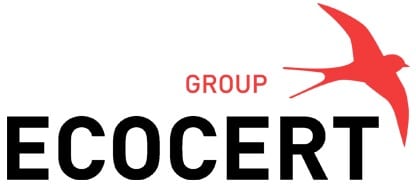
ECOCERT is known for certifying organic and natural cosmetics, cleaning products, and textiles. It enforces strict requirements for organic content, biodegradable ingredients, and minimal packaging waste. Choosing ECOCERT-labeled products helps reduce your environmental footprint while ensuring ingredient transparency and safety.
Learn more: ECOCERT
| Certification | Focus Areas | Common Products | Why It Matters |
| Fair Trade Certified | Ethical sourcing, fair wages | Coffee, tea, textiles, crafts | Supports safe working conditions and fair pay |
| GOTS | Organic fibers, non-toxic processing | Clothing, bedding, backpacks | Reduces chemical use, ensures ethical production |
| FSC | Responsible forest management | Paper, wood furniture, packaging | Protects biodiversity and indigenous rights |
| OEKO-TEX® Standard 100 | Harmful substance testing | Clothing, bedding, kids’ products | Verifies safety for human use |
| USDA Organic | Organic farming practices | Food, textiles, personal care | Supports soil health, biodiversity, avoids synthetic inputs |
| Cradle to Cradle | Circular product design | Cleaning products, packaging, textiles | Encourages reusable, recyclable materials |
| B Corp Certification | Overall social and environmental impact | Company-level certification | Supports businesses balancing profit with purpose |
| Energy Star | Energy efficiency | Appliances, electronics | Reduces energy use and emissions |
| Rainforest Alliance | Sustainable farming and forestry | Coffee, tea, chocolate, paper | Protects ecosystems, improves farmer livelihoods |
| ECOCERT | Organic, biodegradable ingredients | Cosmetics, cleaning products, textiles | Ensures transparency and safer ingredients |
By learning what these certifications mean and looking for them when you shop, you’re taking thoughtful steps toward a more responsible, eco-friendly lifestyle. Every purchase becomes an opportunity to support ethical practices, protect our environment, and create a healthier home. At MayAra, we’re here to help you make those choices easier, more transparent, and more rewarding.

